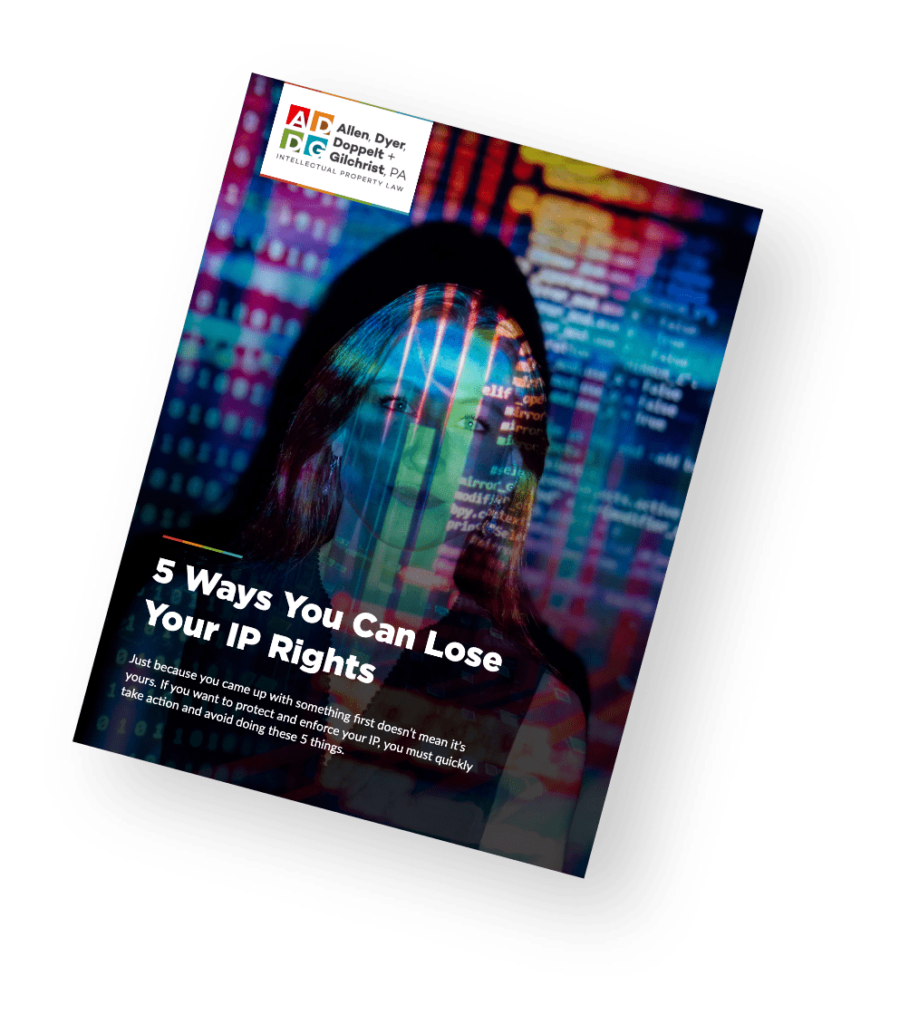As a business owner, artist, or inventor, you know that your intellectual property (IP) is one of your most valuable assets. IP refers to creations of the mind, such as inventions, designs, music, or writing, all of which can be legally protected. However, protecting your intellectual rights can be challenging, especially in the digital age. In this article, we will explore what intellectual property is and how to protect it effectively.
What is Intellectual Property and How is It Protected?
Intellectual property includes trademarks, copyrights, patents, and trade secrets. Trademarks protect logos, slogans, and other identifiers that distinguish your products or services from those of your competitors. Copyrights protect original works of authorship, such as books, songs, or software. Patents protect inventions and new processes, such as machines, chemicals, or computing systems. Trade secrets protect confidential information, such as formulas, customer lists, or business plans.
There are several ways available to enhance intellectual property rights. These include trademark registrations, copyrights registrations, and patents with the relevant government agencies, such as the United States Patent and Trademark Office (USPTO) and the U.S. Copyright Office, as well as state agencies with respect to state trademark registrations. Copyright and trademark rights are created upon publication or use, but registration of these rights affords the owner additional benefits such as the ability to enforce those rights in federal courts. Patents give the owner the ability to bring suit in federal courts against those who make, use, or sell the patented invention without permission. However, trade secrets are protected through secrecy, and are not registered with any governmental agency.
How to Protect Your IP
To protect your intellectual property, you should take the following steps:
- Identify your IP: Determine what intellectual property you own and what needs protection. This may include performing an inventors to identify trade names, contents, or inventions that are commercially valuable to your business. Furthermore, trademark and patent searches may also be performed in preparation for registering these assets.
- Register your IP: Register your trademarks, copyrights, and patents with the relevant government agencies, such as the United States Patent & Trademark Office (USPTO) or U.S. Copyright Office. This provides or enhances the ability to take action against others who infringe on your IP.
- Monitor your IP: Keep an eye on the marketplace to ensure that others are not using your IP without your permission. This may include monitoring the internet, social media, and/or industry publications for unauthorized use of your trademarks, copyrighted material, or patented inventions.
- Enforce your rights: If you discover that someone is using your IP without permission, consult with your intellectual property attorneys immediately. Action may include sending a cease-and-desist letter, filing a lawsuit, or seeking third-party mediation or arbitration.
Tips for Protecting Intellectual Property
Here are some additional tips for protecting your intellectual property:
- Keep records: Keep records of your IP creation and use, such as when your trade names or marks were first used in commerce, inventor notebooks, etc.
- Educate your employees: Educate your employees about the importance of intellectual property and how to protect it, and have them assign IP rights. Also, prepare instructions and/or hold workshops to teach members of your organization about IP protection, such as handling of trade secrets, proper use of trademarks, and identification of key content and inventions to be protected.
- Use technology: Use technology to protect your IP, such as digital watermarks, encryption, or monitoring software.
Effective Ways to Protect Intellectual Property
Here are some effective ways to protect your intellectual rights:
- Use trademarks: Use trademarks to protect your brand and prevent others from using similar names or logos.
- File for patents: File for patents to protect your inventions or processes from being copied or stolen.
- Copyright your works: Copyright your original works of authorship to prevent others from reproducing or distributing them without your permission.
- Keep your trade secrets secret: Keep your trade secrets confidential, only share them with trusted employees or partners, and make employees signal a nondisclosure agreement.
Why Protecting Your IP is Important
Protecting your intellectual property is important for several reasons.
It gives you a competitive advantage
By protecting your IP, you can prevent others from using your ideas or inventions to compete against you.
It increases your business value
Having valuable IP can increase your business value and make it more attractive to investors or buyers.
It protects your reputation
If someone uses your trade names or marks without permission and produces inferior products or services, it can damage your reputation and harm your business. Strong trademark protection puts you in the best position to stop others who infringe or tarnish your valuable trade names and marks.
Safeguard Your Intellectual Rights from Infringement
Protecting your intellectual property is crucial for any business or individual who wants to safeguard their creations, ideas, and inventions. Remember, intellectual property is a valuable asset that can increase your business value, protect your reputation, and give you a competitive edge, so it is essential to legally protect these assets.
At Allen, Dyer, Doppelt & Gilchrist, our team of intellectual property attorneys has the knowledge and experience to assist you with the most robust safeguards against abuse of your trademarks, copyrights, patents, and trade secrets. Contact us to find out how we can help protect your intellectual rights, or schedule a consultation today!
About the Author
John Woodson is a Registered Patent Attorney who practices in the area of patent prosecution, patent infringement studies, and client counseling

Share This



